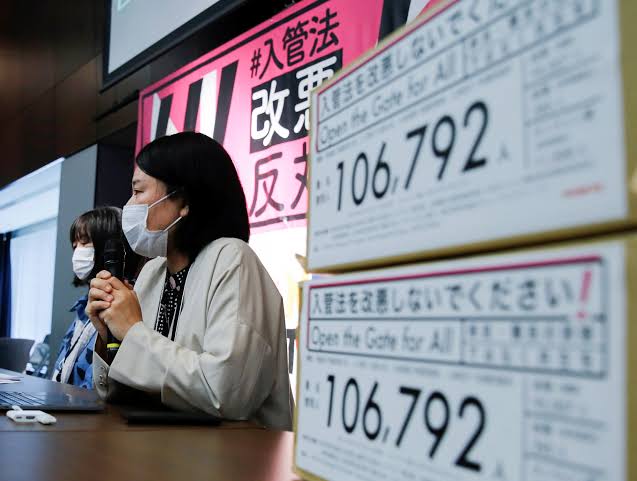Japan must stop human rights violations through prison reform

A Ministry of Justice third-party committee has proposed recurrence prevention measures in response to the abuse of three inmates at Nagoya Prison by 22 officers. Japan must make sure prison reform advances to prevent such negligence of inmates’ human rights occurring again.
There had been 419 cases of inappropriate behaviour by the officers, including physical violence, the use of abusive language and making the inmates kneel on the ground in the “dogeza” style, over the 10 months from November 2021. Of those, 13 officers whose behaviour was deemed highly malicious were referred to prosecutors and slapped with disciplinary measures.
The officers reportedly said they got irritated with the inmates when they couldn’t make themselves understood. One officer explained that they were just “joking around.”
What the third-party committee took notice of was the lack of human rights awareness and the institutional culture that places disproportionate importance on discipline and order. Twenty-three percent of Nagoya Prison officers told a survey that it’s inevitable that inmates face hardship while in prison. The committee also pointed out that factors such as there were few personnel transfers and a rigid working environment with many young officers contributed to the abuse. Many of these issues are common among prisons across Japan.
The committee’s proposal covers a vast field of topics. It suggested introducing a system allowing for a more flexible approach depending on the characteristics of each inmate, with help from experts in welfare, education and psychology. It also requested that as a general rule prison officers don’t address inmates by their names without an honorific title to prevent building a coercive hierarchical relationship. It touched on reinforcing external checks.
Japan’s criminal regulation policies are at a turning point. A new form of imprisonment combining the existing penalties of prison sentences with and without labor will come into force by June 2025, shifting the focus of criminal sentences from “punishment” to “rehabilitation.”
The recently proposed measures by the Justice Ministry committee follow this shift. The ministry says these measures will be executed based on an action plan. To do this, the prison system needs to be improved in an urgent manner.
To provide finely tuned attention to each inmate, a sufficient number of workers are necessary. Personnel training should be in place to encourage inmates to rehabilitate and support them in stepping back into society.
It’s also important to make sure that prison workers feel their jobs are rewarding. According to a nationwide survey by the Justice Ministry, nearly 40% of officers didn’t feel a sense of responsibility or pride in their work.
Prisons play a major role in preventing recidivism. We as a society need to share this understanding so that no more people fall victim to crimes in Japan.




